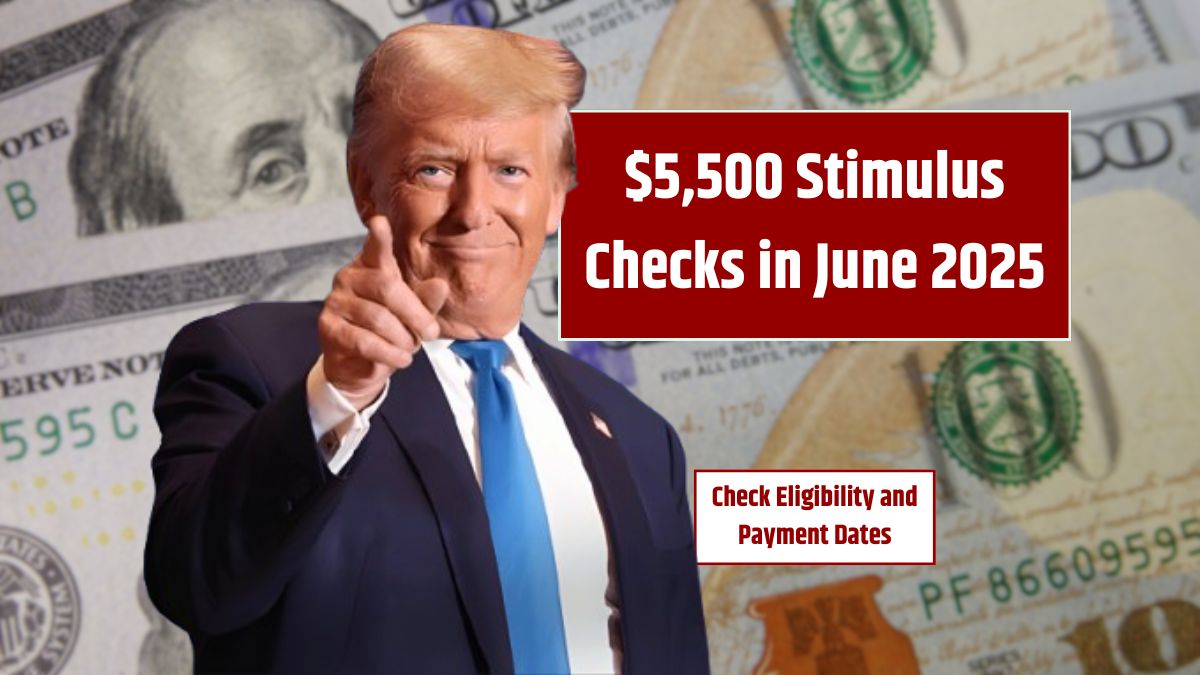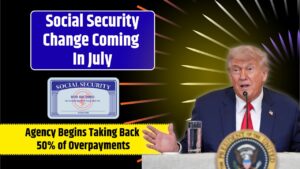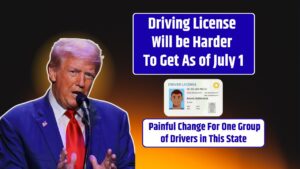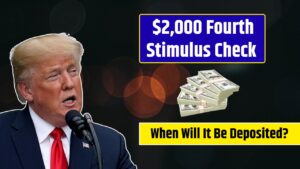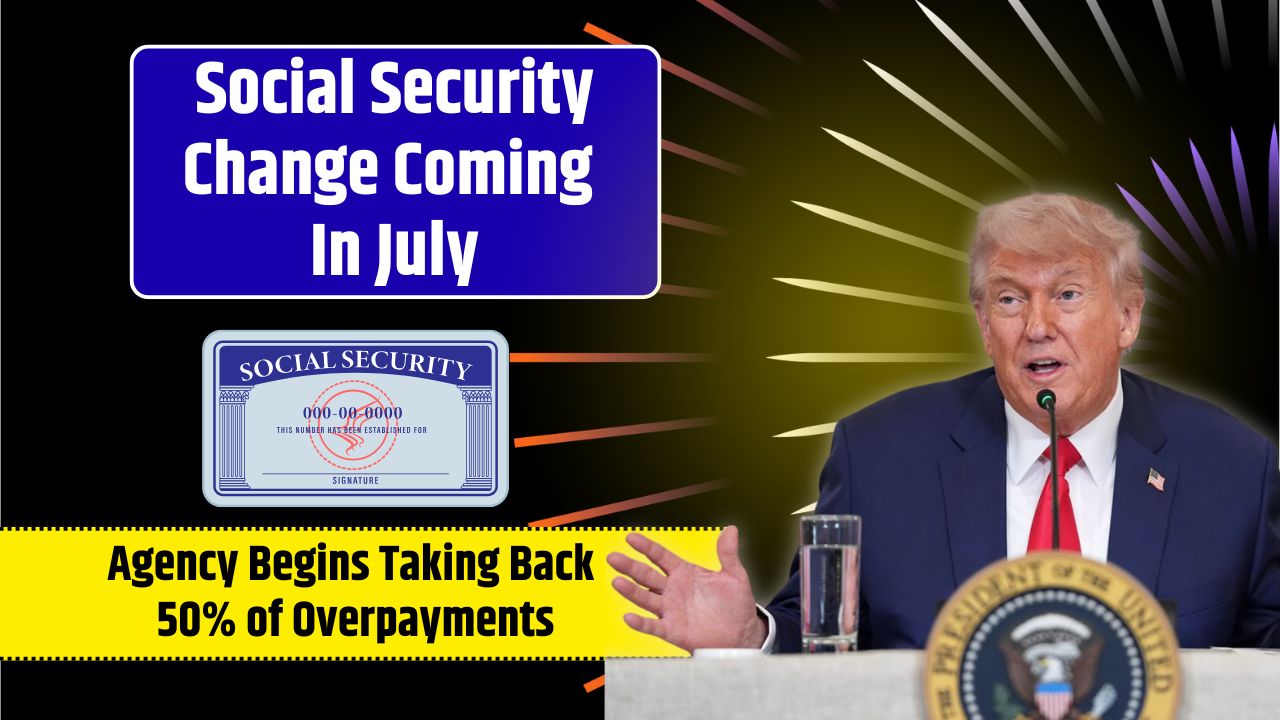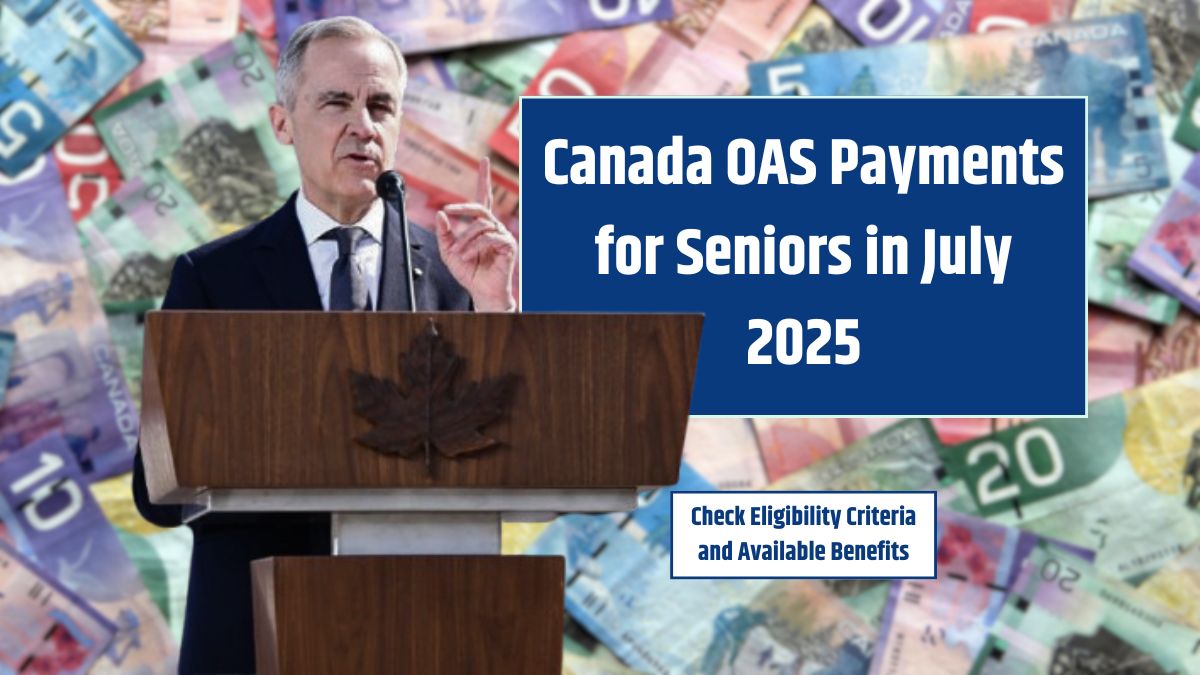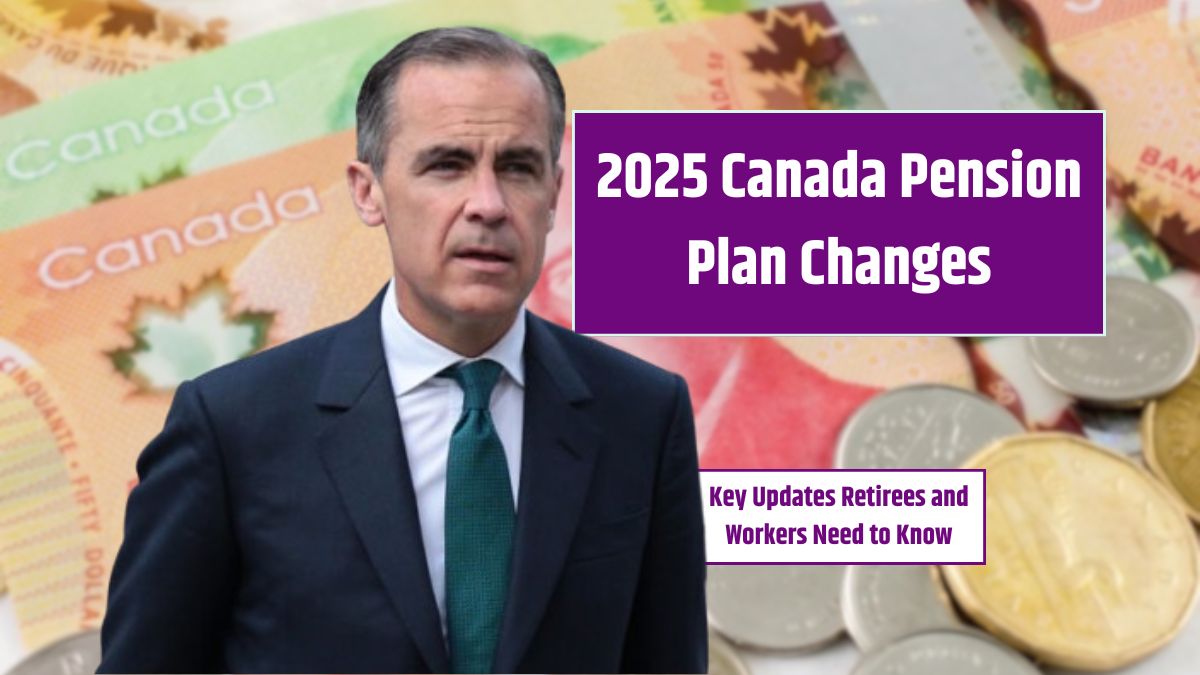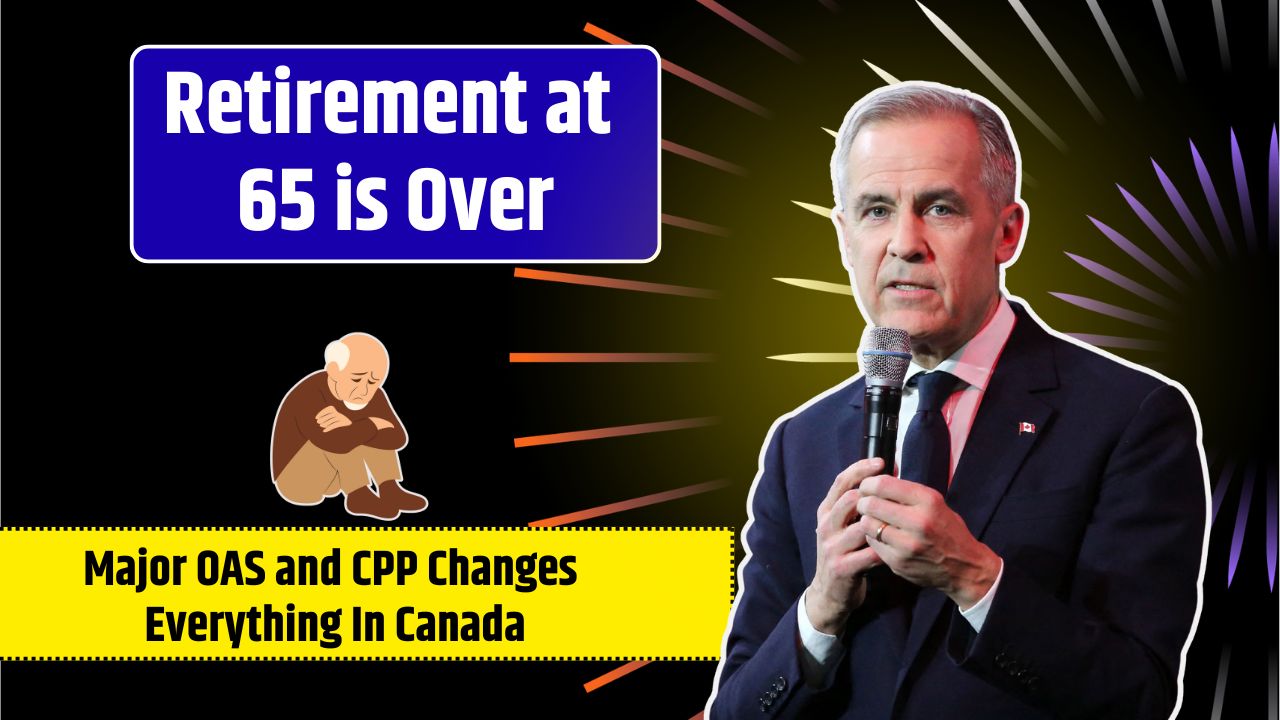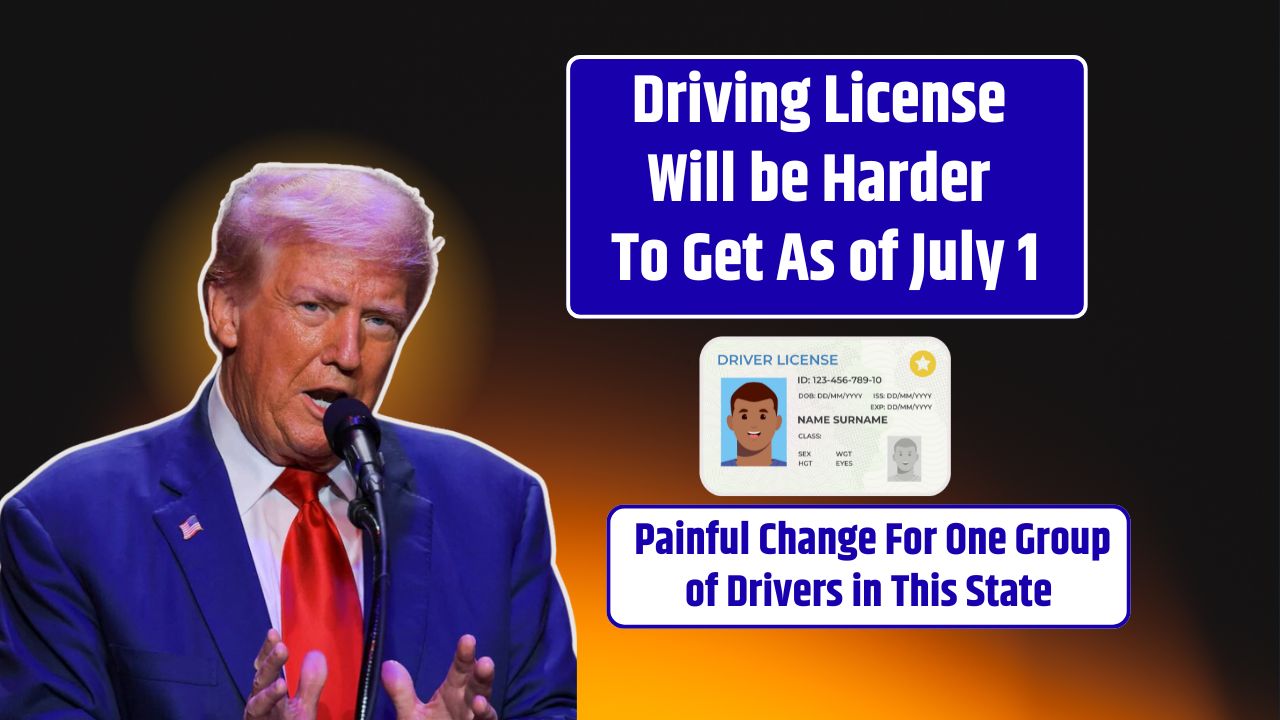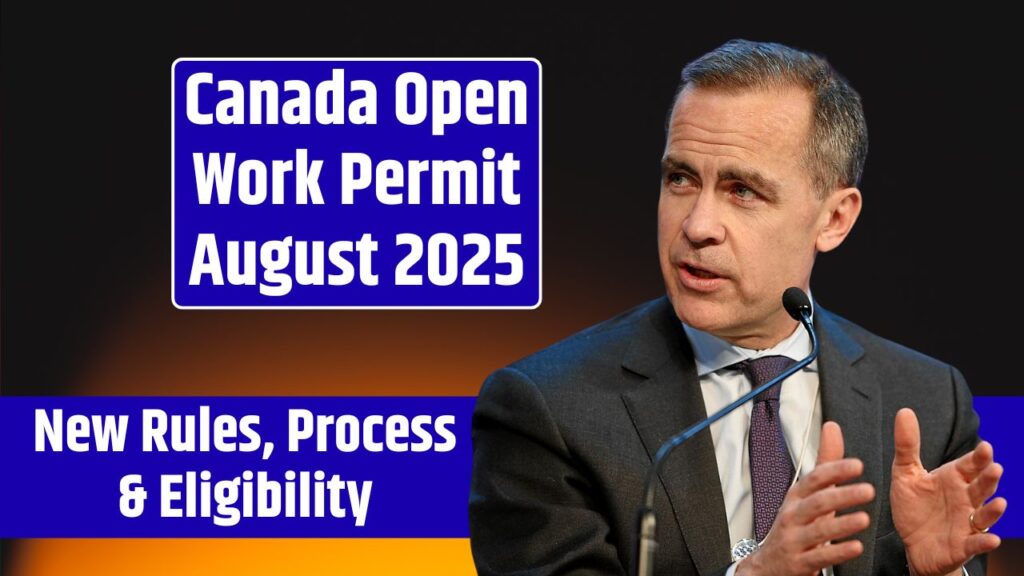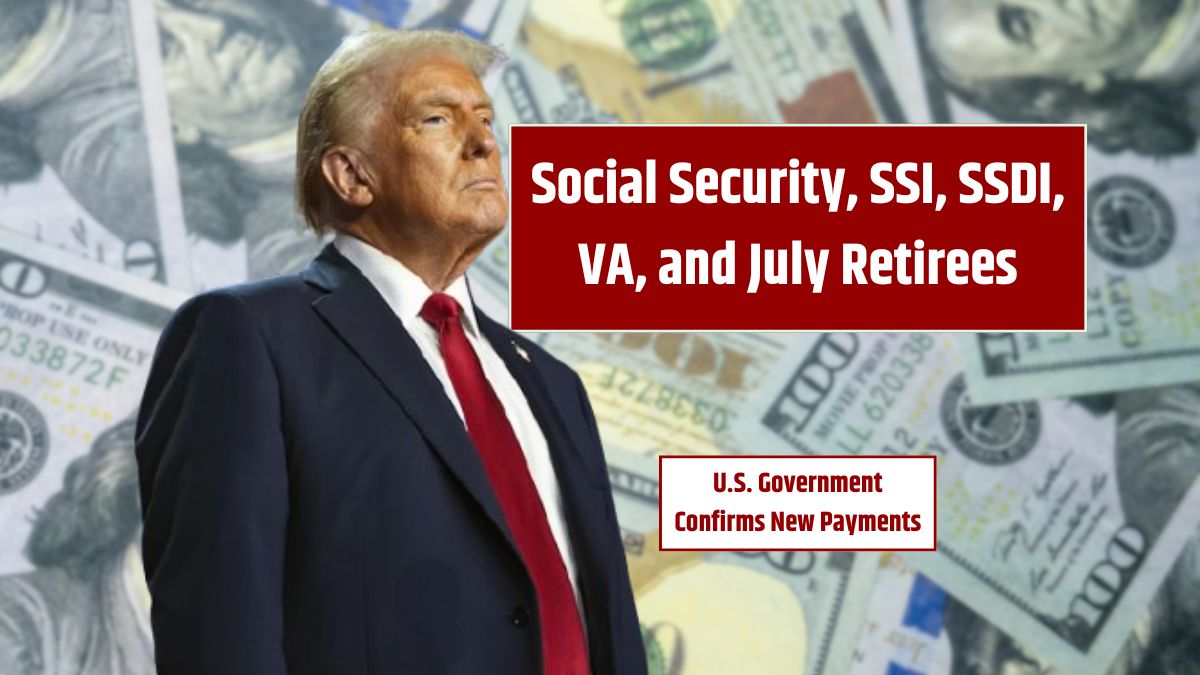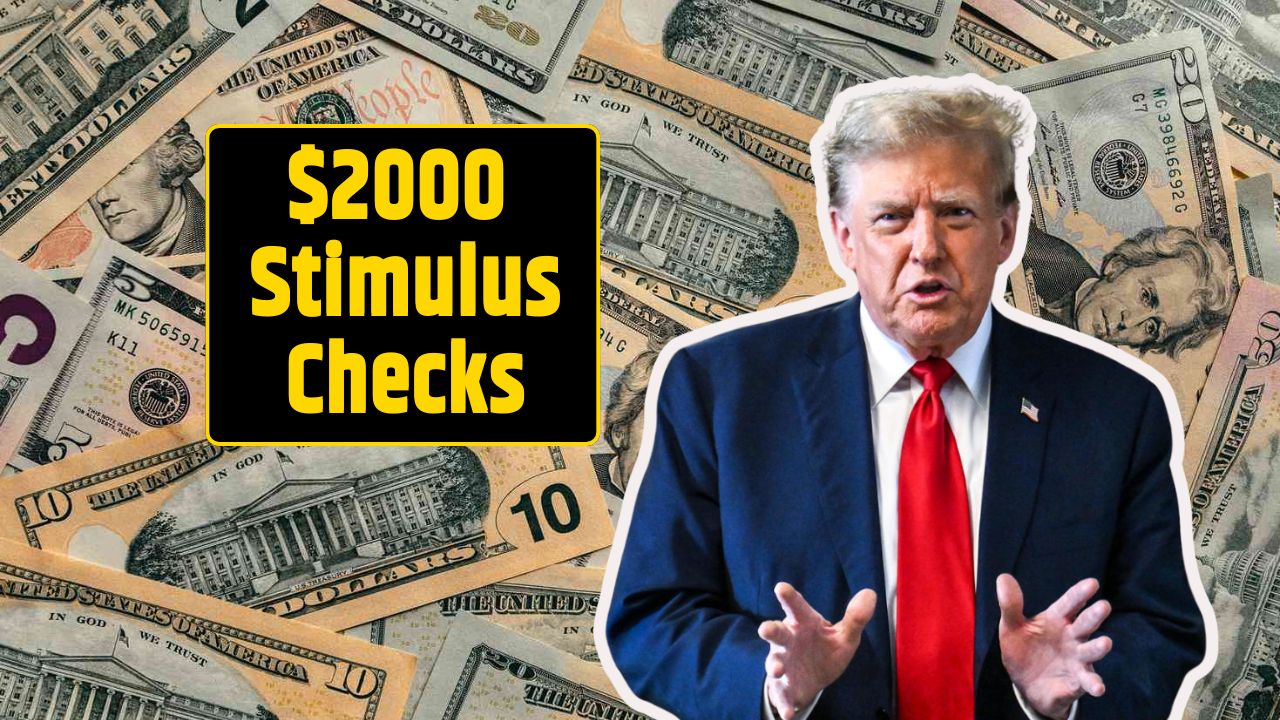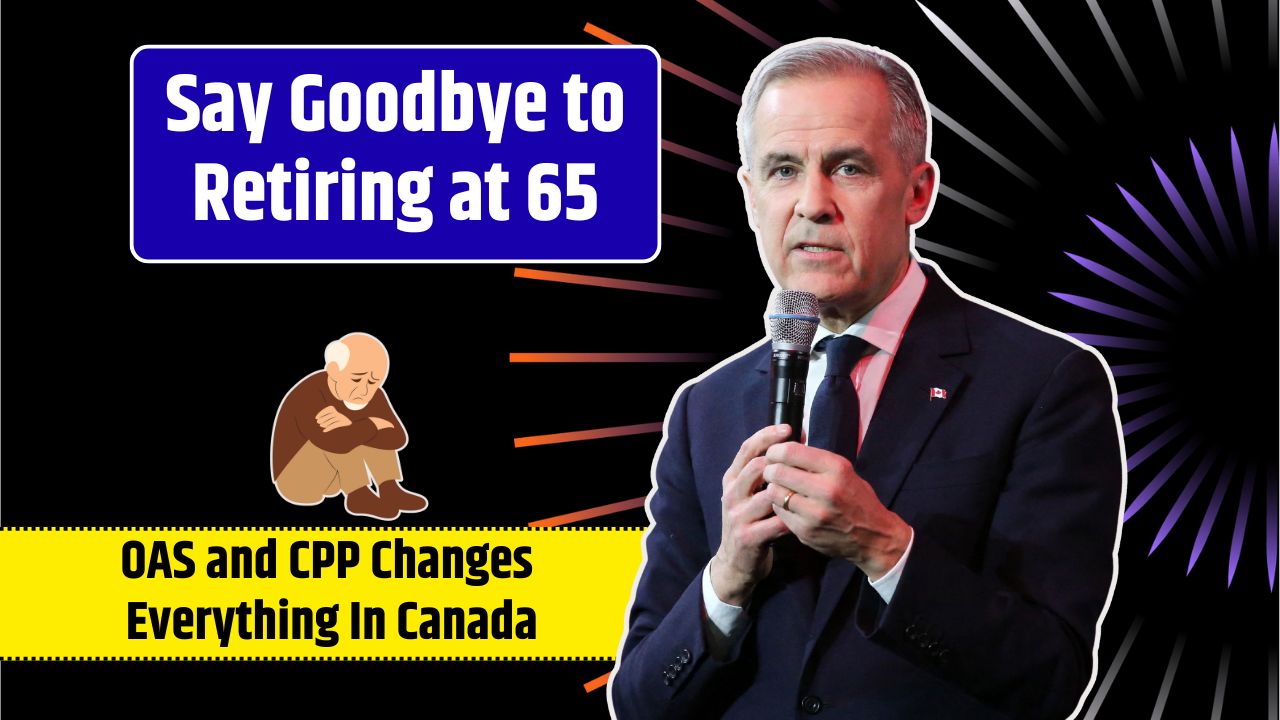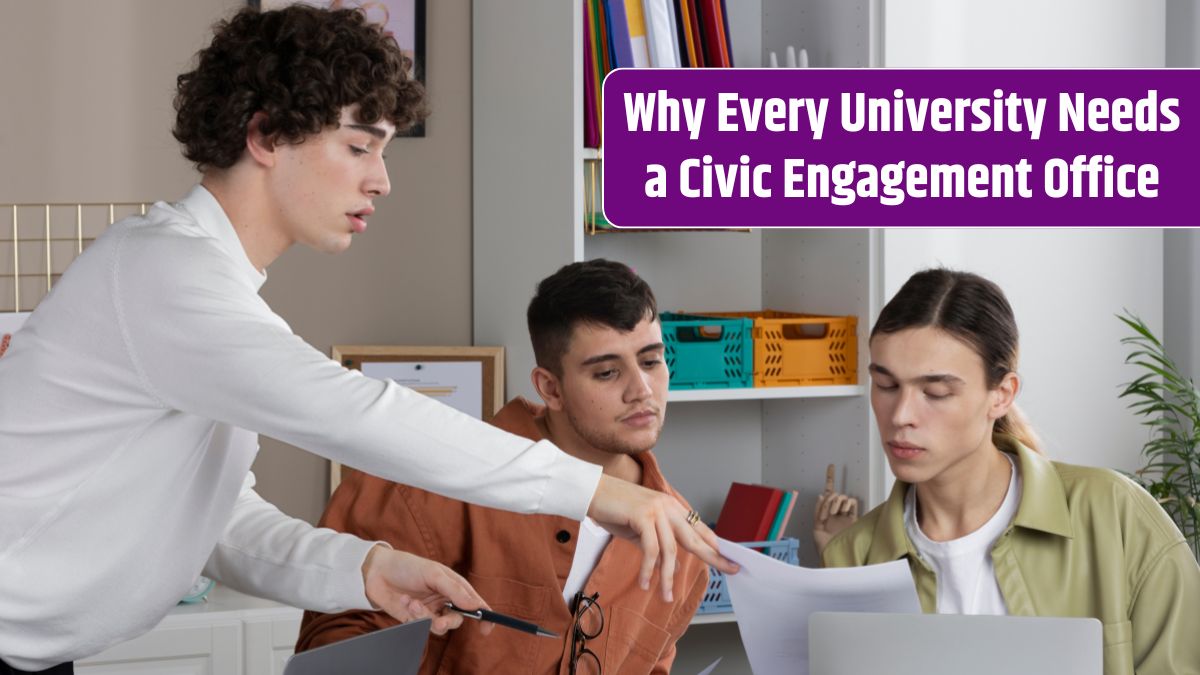With rising living costs squeezing budgets, the internet has been buzzing about a new $5,500 stimulus check supposedly arriving in June 2025. Sounds good, right? But before you start planning how to spend it, let’s take a step back. Is this payment real, or just another online rumor? Here’s the truth.
Table of Contents
Rumors
Let’s cut to the chase—there is no official $5,500 federal stimulus check being sent out in June 2025. Yes, there’s a lot of chatter on social media and questionable websites, but the IRS and Congress haven’t approved any such program. The last real federal stimulus checks were the Economic Impact Payments sent out during the COVID-19 pandemic, and the deadline to claim those ended on April 15, 2025.
Some of the $5,500 talk comes from mentions of a “Government Efficiency Initiative,” which would hypothetically return surplus funds to taxpayers. But this is still just an idea—no law, no approvals, no checks. Even if passed, it wouldn’t pay out until late 2025 at the earliest.
Relief
So if the $5,500 check isn’t real, what kind of financial help is actually available this year? Well, there’s still some relief out there—just not from a new federal program.
If you missed out on earlier stimulus checks because you didn’t file taxes in 2020 or 2021, there might still be a slim chance to claim past payments using the Recovery Rebate Credit—but only if you already started the process before the April 15, 2025 deadline.
Real help in 2025 is mainly coming from state governments. States like California, Colorado, Pennsylvania, Arizona, and New York have been sending out their own relief checks, usually ranging from $150 to $800 per person, based on specific eligibility rules.
Here’s a quick look:
| State | Payment Range | Requirements |
|---|---|---|
| California | $200–$600 | Based on income and 2024 tax return |
| New York | $150–$500 | Must meet income and residency rules |
| Colorado | $400–$800 | Automatic with 2024 tax filing |
| Arizona | $300–$600 | Low-income families and seniors |
| Pennsylvania | $250–$650 | Focused on renters and property owners |
Eligibility
State payments are very different from federal ones, and each state sets its own rules. But in general, here’s what you’ll need to qualify:
- You must live in a participating state
- You need to file your 2024 state tax return on time
- Your income has to be below a certain limit
- Some programs also look at your family size or if you get public assistance
The best way to know for sure? Visit your state’s Department of Revenue or Taxation website.
Status
Waiting on a payment and not sure where it is? Here’s how to check:
- For past federal stimulus checks, try the IRS “Get My Payment” tool
- For current state payments, go to your state’s official revenue site
- Most payments are sent via direct deposit or paper checks
- They usually arrive between early and late June
If it’s taking longer, delays could be due to incorrect bank info, processing backlogs, or mail issues.
Scams
Whenever people talk about “free money,” scammers follow. Fake emails, sketchy websites, and phony texts are out there asking for your Social Security number or bank details. Don’t take the bait.
The IRS will never ask for this information through calls, texts, or DMs. If someone offers to “process your $5,500 check” for a fee—run the other way.
So, while the $5,500 stimulus check rumor sounds tempting, there’s no truth to it as of now. But that doesn’t mean all hope is lost. State programs are still offering targeted support, and that’s where your focus should be. Just make sure to check with official sources and stay alert for scams trying to take advantage of the confusion.
FAQs
Is the $5,500 stimulus check real?
No, there is no official $5,500 federal stimulus check in 2025.
What is the Government Efficiency Initiative?
It’s just a proposal, not a law, and no payments are approved.
Can I still claim past stimulus checks?
Only if you filed before April 15, 2025, using Recovery Rebate Credit.
Are states offering financial help in 2025?
Yes, several states are giving rebates or relief payments.
How to avoid stimulus scams?
Only trust IRS or state sites; never share personal info online.

